COP 28 - where is the representation?
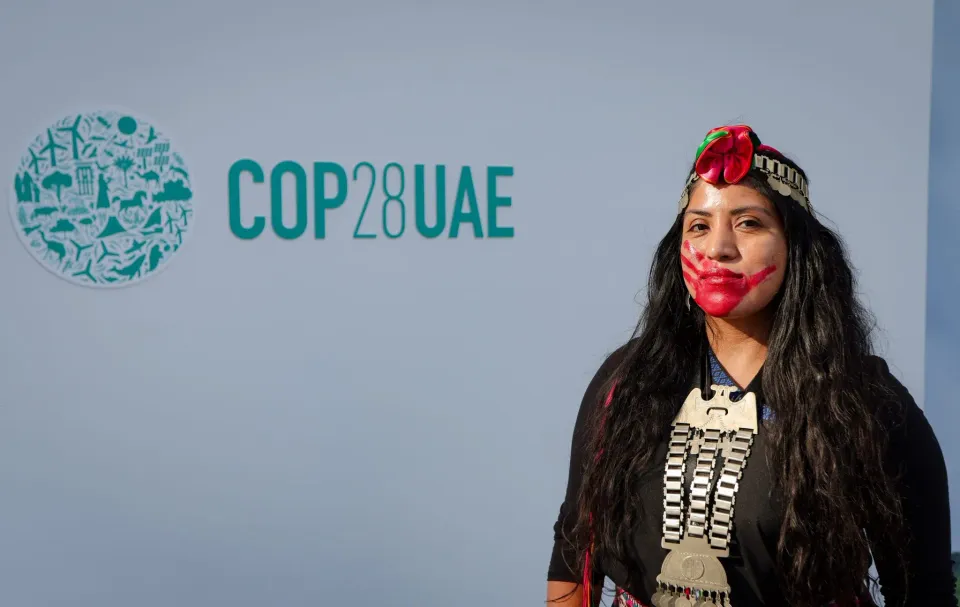
By Cate James-Hodges
COP28, the United Nations Climate Change Conference, had delegates from nearly 200 countries. Like its predecessors, COP28 was surrounded with many controversies and contradictions.
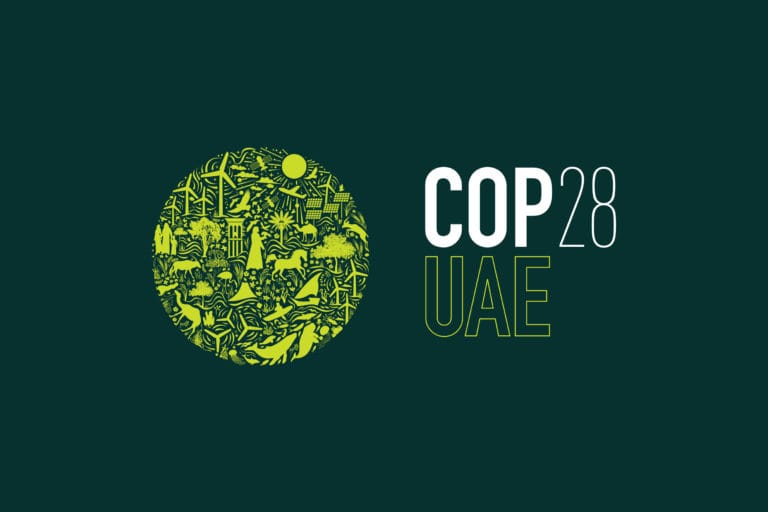
These stemmed from choosing a host country that allows forced labour of migrants, classes homosexuality as illegal and limits the rights of women, especially within marriage.
The biggest controversy of the conference was that it was chaired by an executive from an oil company, a man who actively and publicly stated during COP28, that phasing out fossil fuels was not necessary to remain under the 1.5ºC limit. This claim was in complete contradiction with the entire purpose of the Paris Agreement.
The influence of petrostates was obvious and not only highlighted but also increased the inequalities surrounding this climate conference. COP28 and its predecessors, were unrepresentative, in particular, there was a lack of power and presence from women, indigenous people and young people.
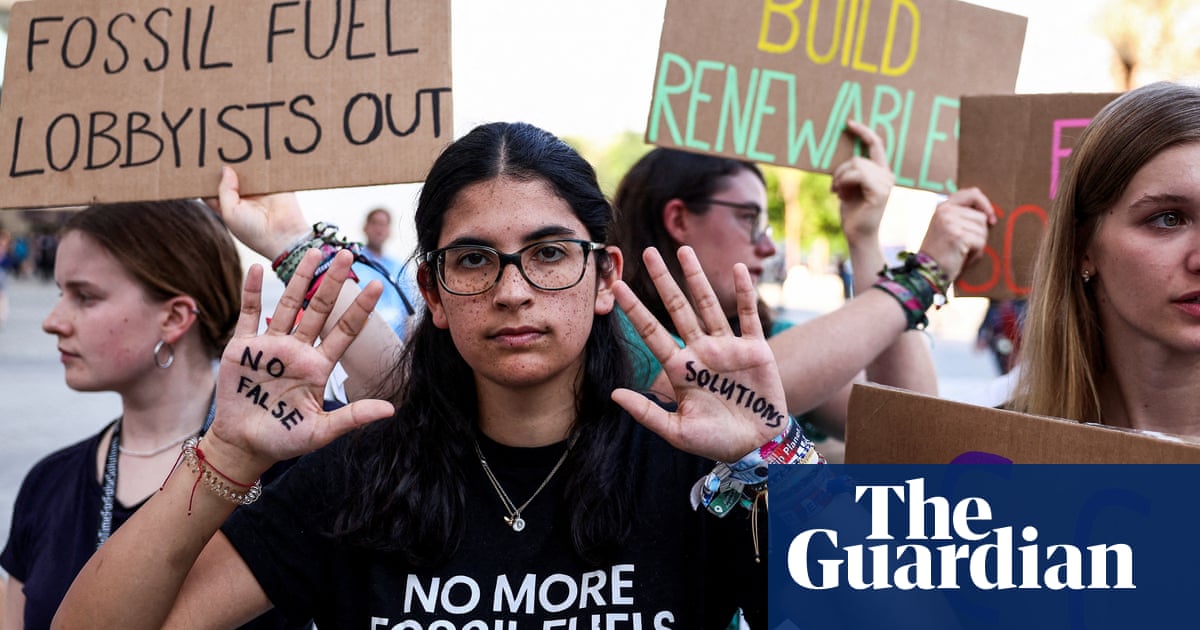
Women have very limited representation at COPs, because of centuries of oppression, exploitation and limited access to opportunities and resources.
At COP27, 7 of the 110 world leaders were women, 6%. At COP28, 15 of the 133 world leaders were women, the increase was welcome but minimal. Around 85,000 delegates attended COP28, 38% were women, 62% men.
The inequality is glaringly obvious, but it remains unaddressed and unsolved by organisers and governments. Indigenous people are generally acknowledged as the people on the planet with the smallest carbon footprints. However, they also have suffered centuries of oppression and exploitation, destruction of their homes, abuse as individuals and as groups, as well as being valued as less than by those with the most power. Indigenous people’s territories are often polluted, destroyed or harmed for energy or farming purposes, which breaches their land rights and harms the natural environment.
350 indigenous people were present at COP28, however 600 fossil fuel lobbyists were also present, which is a stark insult to indigenous people and painfully states monetary wealth is considered more important than people.
The need for indigenous people’s presence is obvious, they have intimately detailed knowledge of habitats and the natural world, knowledge which is not being utilised and is instead being discarded.
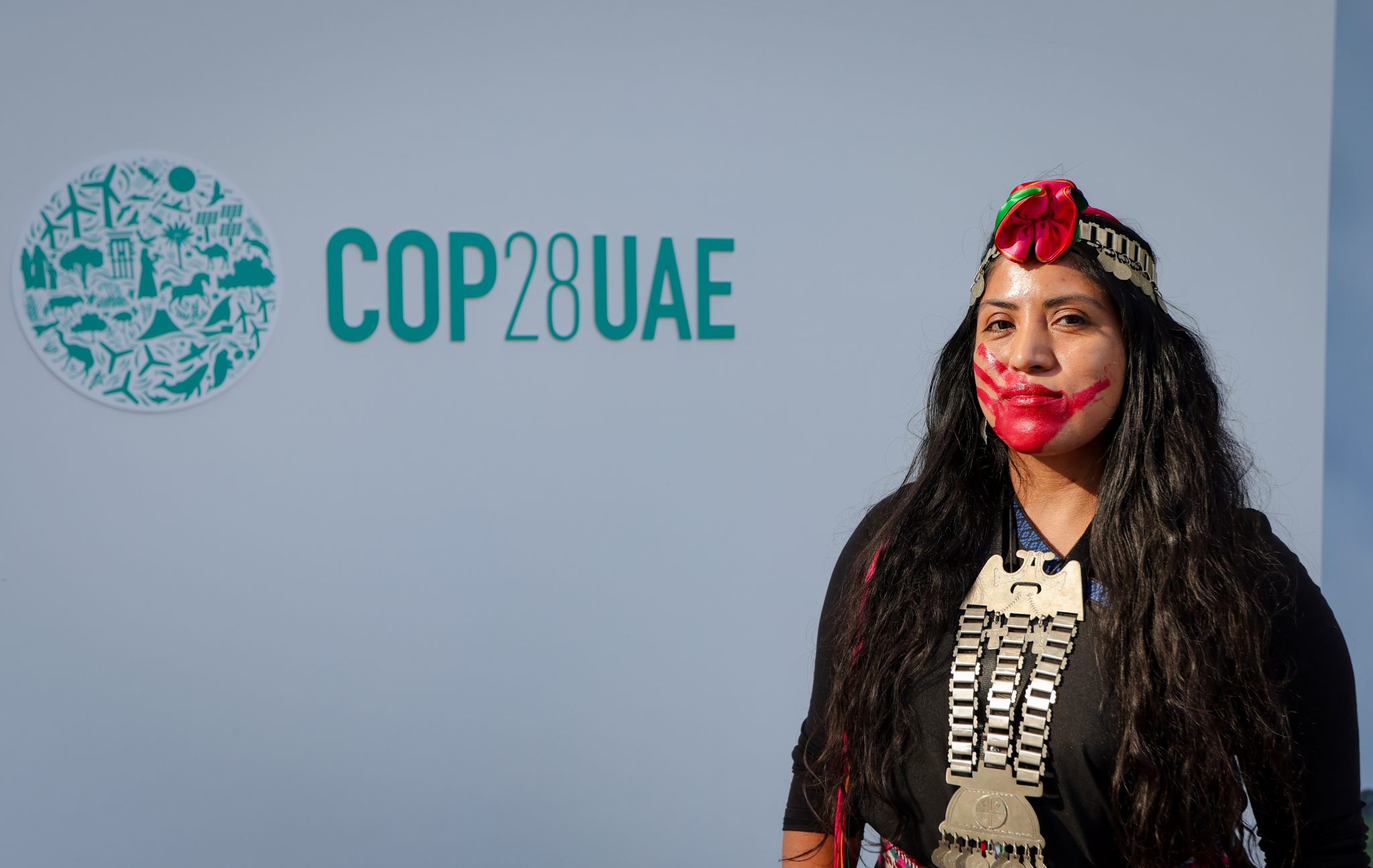
Representation of young people
Representation of young people is an issue close to my heart. Youth voice is greatly undervalued and misunderstood. Many believe they are enabling youth voice, however in international terms, young people are used, exploited and unheard.
Youth voice and youth participation are often seen as accessories. Although COP28’s hosts emphasised the incredible progress of having youth champions (people under 35 within the programme that was started at COP27) only 110 delegates out of the 85,000 delegates present, were youth champions, which is around 0.1%.
Young people, of all walks of life will be, and are, undoubtedly most affected by climate change and climate injustice, simply because we will be alive longer. Young people today suffer from transgenerational trauma, climate anxiety and the pain of being ignored and abandoned by governments and even international safeguards.
With all that in the background, when young people are pressured and manipulated into taking responsibility for climate action by reducing emissions, many young people step up to the challenge and put in the work, only to end up burnt out, depressed, anxious and guilty when the barriers put before them are simply too much to face alone.
Youth voice is about collaboration and support, not abandonment. Older people may well be afraid of losing aspects of their cherished lives, but young people are afraid of losing their opportunity for a future at all.
It is imperative that this difference in perspective is acknowledged and understood if the COPs are going to make the progress required to avoid global catastrophe. The barriers that are stopping these groups of people from attending need to be reduced.
Representation, respect, understanding and a strong sense of community are the most important factors for an individual or a group to have their voice truly heard in a meaningful way that incites action.
All groups can only have representation if their needs and requirements are met, however some groups are significantly underserved. Groups of people can only be treated with respect if they are valued as equals. Groups of people can only be understood if their voices are unrestricted, given space, time and seen as valuable, no matter what their background is.
A sense of global community would mean shifting the balance of power, so that no one country and no one person has more influence than another. However, this alone would not be enough.
The effects of climate change and inequalities across the globe require more opportunities, more support, more understanding, more respect and more power for those that will suffer the consequences caused by those currently holding the majority of the power.
As individuals and as organisations, we must only accept and strive to create a world that is liberated from oppression and has a culture of respect towards others, whether they are similar to ourselves or different.
For this to happen, international governing bodies must act as an exemplar, not only to prove that this is possible, but also to prove that we as human beings are worth equality and security.
Anything less than working towards respect for our planet and all people allows governments to hesitate and back out of promises, meaning the entire purpose of COPs will remain unfulfilled.
When it comes to fighting both the causes and the effects of climate change, equality and equity are essential not only to make a fair, just world, but also to develop into a world that can still support an abundance of life.
To do just that, people’s attitudes and understanding need to change. The United Nations climate conferences need to be representative not only of the groups and cultures around the world but also of those who are, and will be, the most negatively impacted by climate change.
Part of this change will require only hosting conferences in cities that welcome and accept people from all walks of life, without discrimination or prejudice.



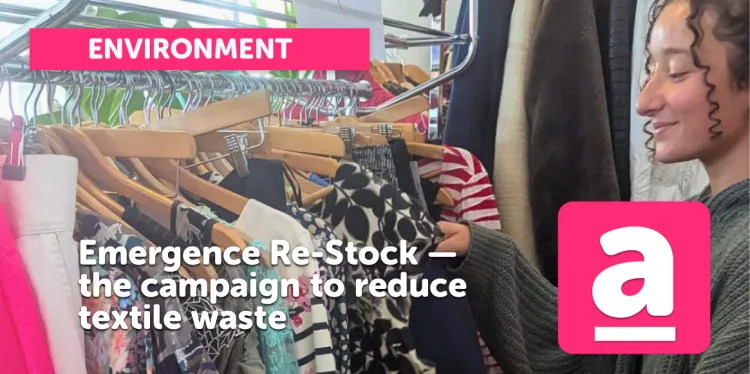
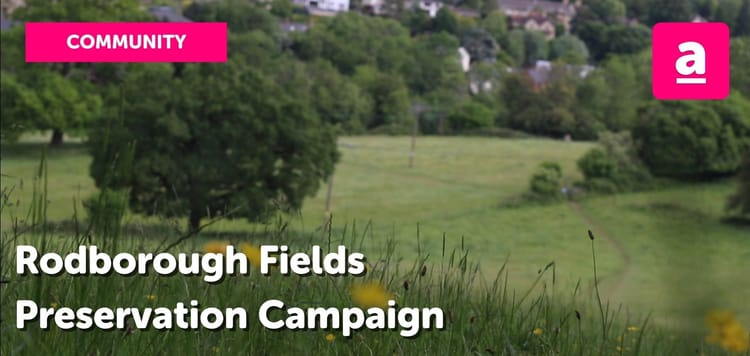
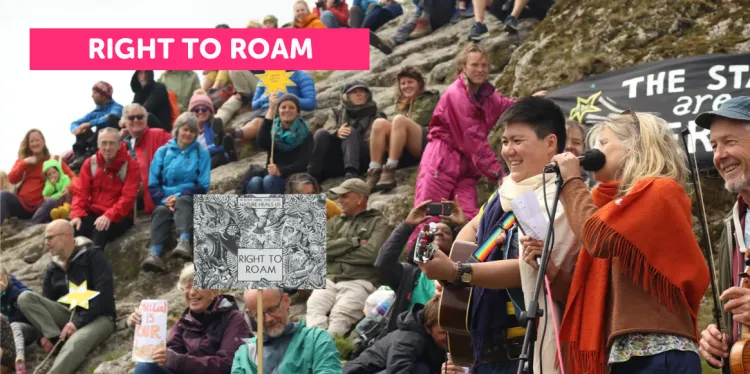
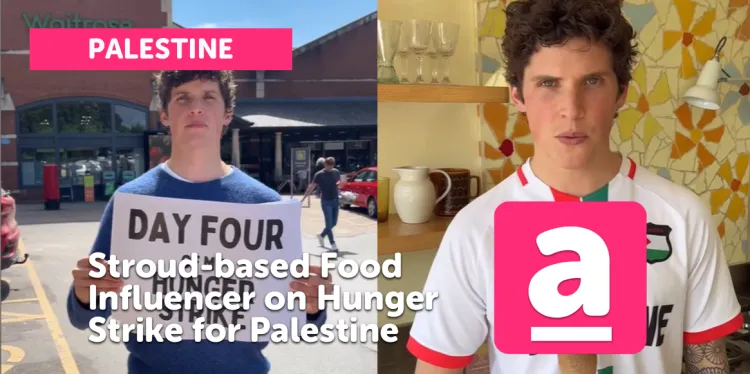
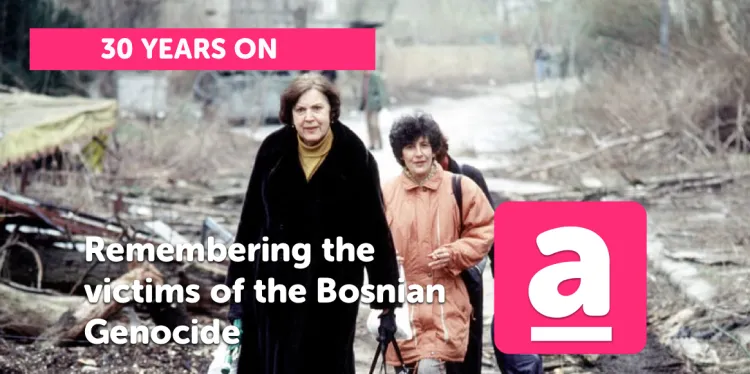
Member discussion